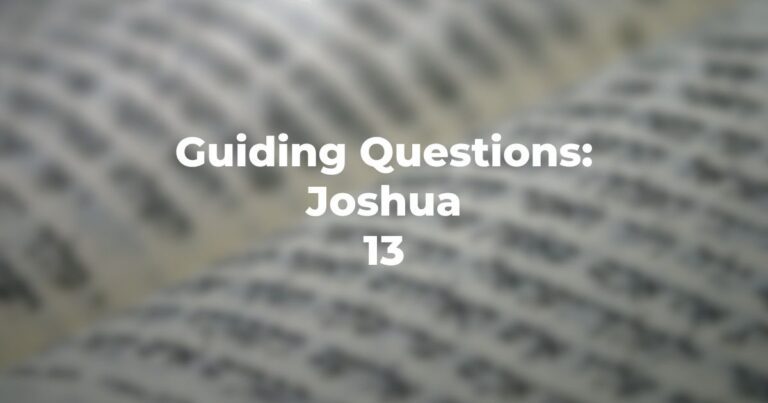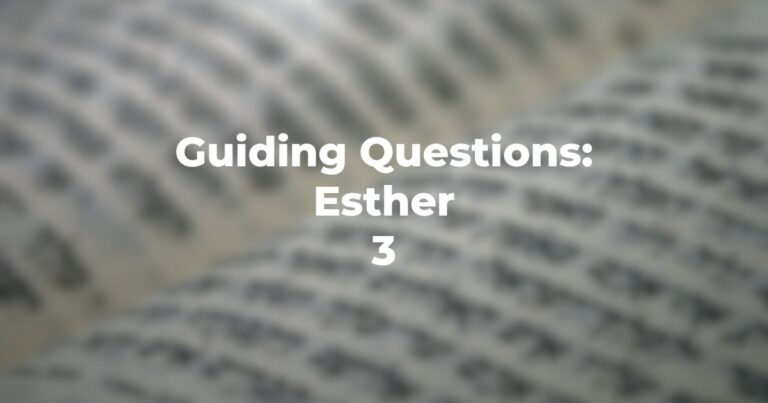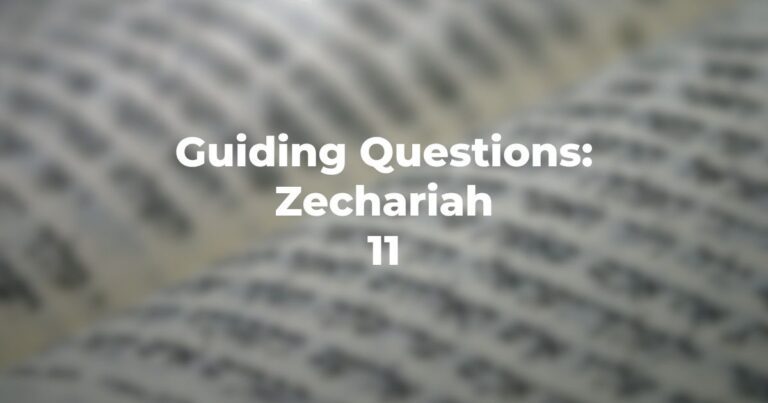- What type of economic condition is described in Nehemiah 5:1-4?
- What is the “internal complaint” (Jew to Jew) which is set forth in Nehemiah 5:5?
- Do these verses indicate that many were sold into bondage because of debt?
- What is Nehemiah’s course of action?
- Do the “more affluent” accept Nehemiah’s mandate (Nehemiah 5:12)?
- What is the significance of the statement that “we never ate of the governor’s food allowance” — and, if so, what became of it?
- The text (Nehemiah 5:15) refers to former governors — accordingly, what was Nehemiah’s “official position”?
- Would Nehemiah’s observation in Nehemiah 5:19 seem to imply that all were grateful — or that there were some “critics”?
- As of the end of Nehemiah 5 does it appear that the two major problems of security and economic privation, while not fully solved, were moving towards resolution?
Author
-

Exploring Judaism is the digital home for Conservative/Masorti Judaism, embracing the beauty and complexity of Judaism, and our personal search for meaning, learning, and connecting. Our goal is to create content based on three core framing: Meaning-Making (Why?), Practical Living (How?), and Explainers (What?).
View all posts




